Eye Disease Management & Medical Eye Care
Advanced Care for Glaucoma, Diabetic Eye Disease & Macular Degeneration
Eye Disease Management & Medical Eye Care
Advanced Care for Glaucoma, Diabetic Eye Disease & Macular Degeneration
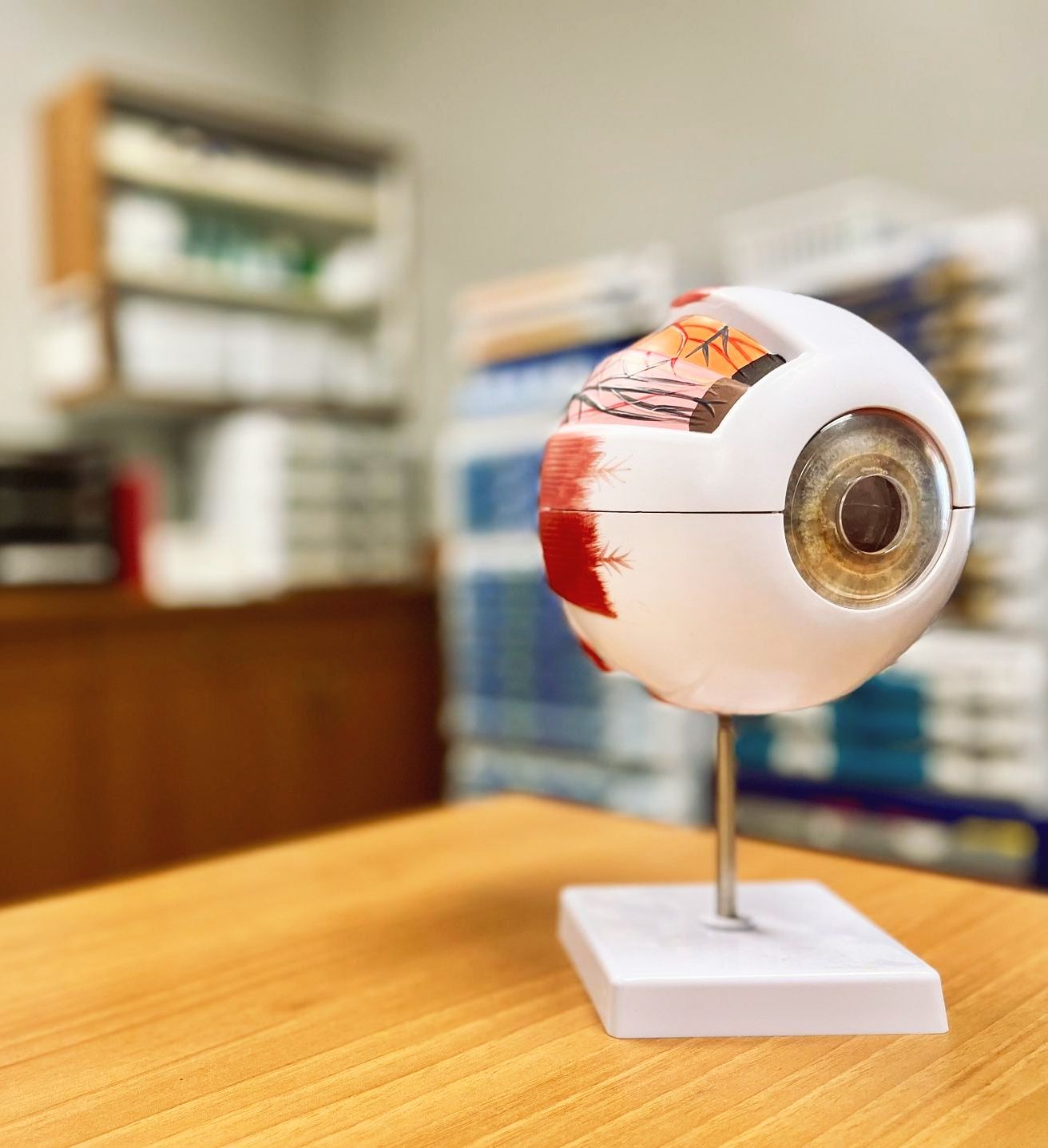
Protecting Your Vision for Life
Specialized Care for Lasting Vision Health
At Eyes First, we specialize in early detection, monitoring, and treatment of serious eye conditions that can impact your vision and overall health. Many eye diseases develop silently, often without noticeable symptoms—until they begin affecting your vision. That’s why routine eye exams and proactive care are essential for maintaining lifelong eye health.
Our expert optometrists use advanced diagnostic technology to detect issues early and provide personalized treatment plans to preserve your vision.

Protecting Your Vision for Life
Specialized Care for Lasting Vision Health
At Eyes First, we specialize in early detection, monitoring, and treatment of serious eye conditions that can impact your vision and overall health. Many eye diseases develop silently, often without noticeable symptoms—until they begin affecting your vision. That’s why routine eye exams and proactive care are essential for maintaining lifelong eye health.
Our expert optometrists use advanced diagnostic technology to detect issues early and provide personalized treatment plans to preserve your vision.
Glaucoma Management
Protecting Your Vision from Silent Damage
Glaucoma is a progressive eye disease that causes damage to the optic nerve, often due to increased eye pressure. It is one of the leading causes of permanent vision loss—but with early diagnosis and proper management, we can slow its progression and protect your sight.
Symptoms of Glaucoma:
- No early symptoms (which is why regular exams are crucial)
- Gradual loss of peripheral (side) vision
- Blurred vision or halos around lights
- Eye pain, redness, or sudden vision changes (in severe cases)
Our Glaucoma Care Approach:
- Comprehensive eye pressure testing & optic nerve imaging
- Prescription eye drops to control intraocular pressure
- Laser & surgical referrals when necessary
- Ongoing monitoring to prevent vision loss
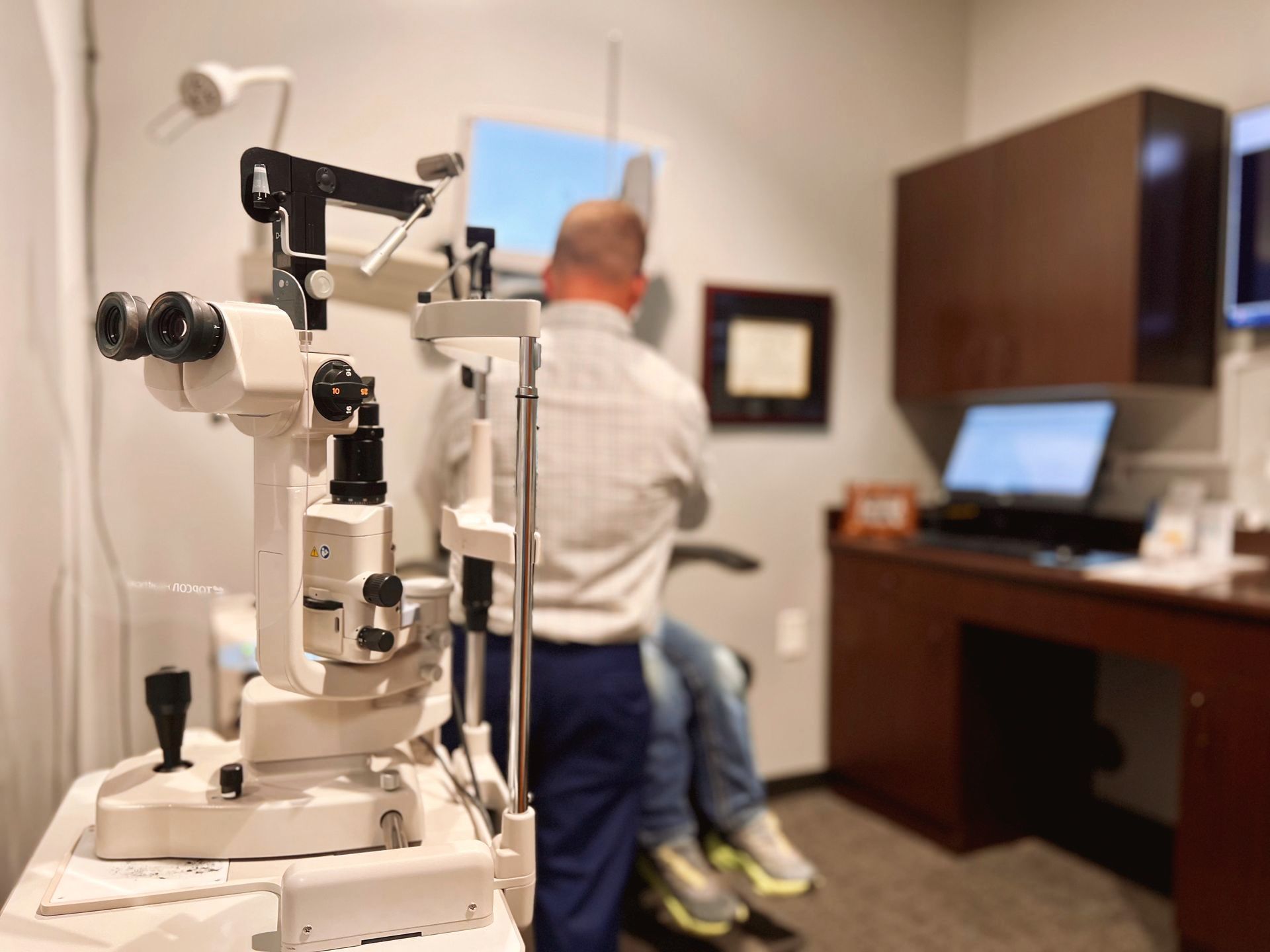
Slide title
Write your caption hereButton
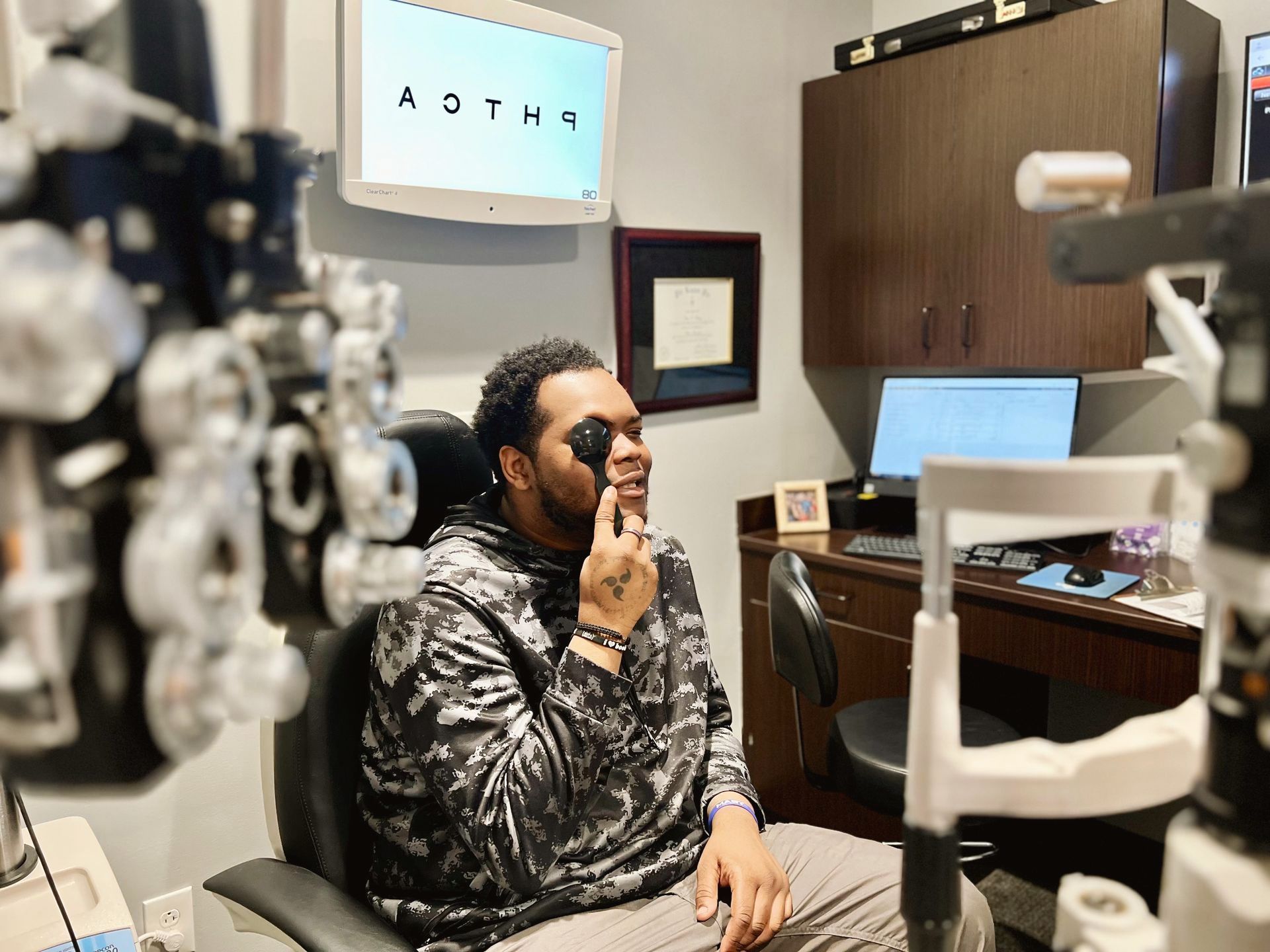
Slide title
Write your caption hereButton
Diabetic Retinopathy Care
Eye Health Monitoring for Diabetic Patients
Diabetes can significantly impact your vision, increasing the risk of diabetic retinopathy, macular edema, and other sight-threatening conditions. Early detection and regular monitoring are essential to prevent vision loss.
Signs of Diabetic Retinopathy:
- Blurred or fluctuating vision
- Dark spots or floaters
- Poor night vision
- Vision loss in severe cases
How We Help:
- Dilated retinal exams & imaging to detect early changes
- Monitoring & treatment plans to slow disease progression
- Co-management with primary care doctors & specialists
If you have diabetes, a yearly comprehensive eye exam is critical—even if your vision seems fine! Let us help you safeguard your sight.
Macular Degeneration Treatment
Early Detection & Management of Age-Related Vision Loss
Age-related macular degeneration (AMD) is a leading cause of vision loss in adults over 50, affecting central vision and making tasks like reading and driving difficult. While there’s no cure, early diagnosis and lifestyle changes can help slow its progression.
Symptoms of Macular Degeneration:
- Blurred or distorted central vision
- Difficulty recognizing faces
- Needing brighter light for reading
- Straight lines appearing wavy or distorted
Our AMD Care Plan Includes:
- Retinal imaging & macular health assessments
- Nutritional & lifestyle recommendations (such as AREDS supplements)
- Monitoring & referrals for advanced treatment options
If you notice vision changes or have a family history of AMD, early screening is crucial for preserving your eyesight.
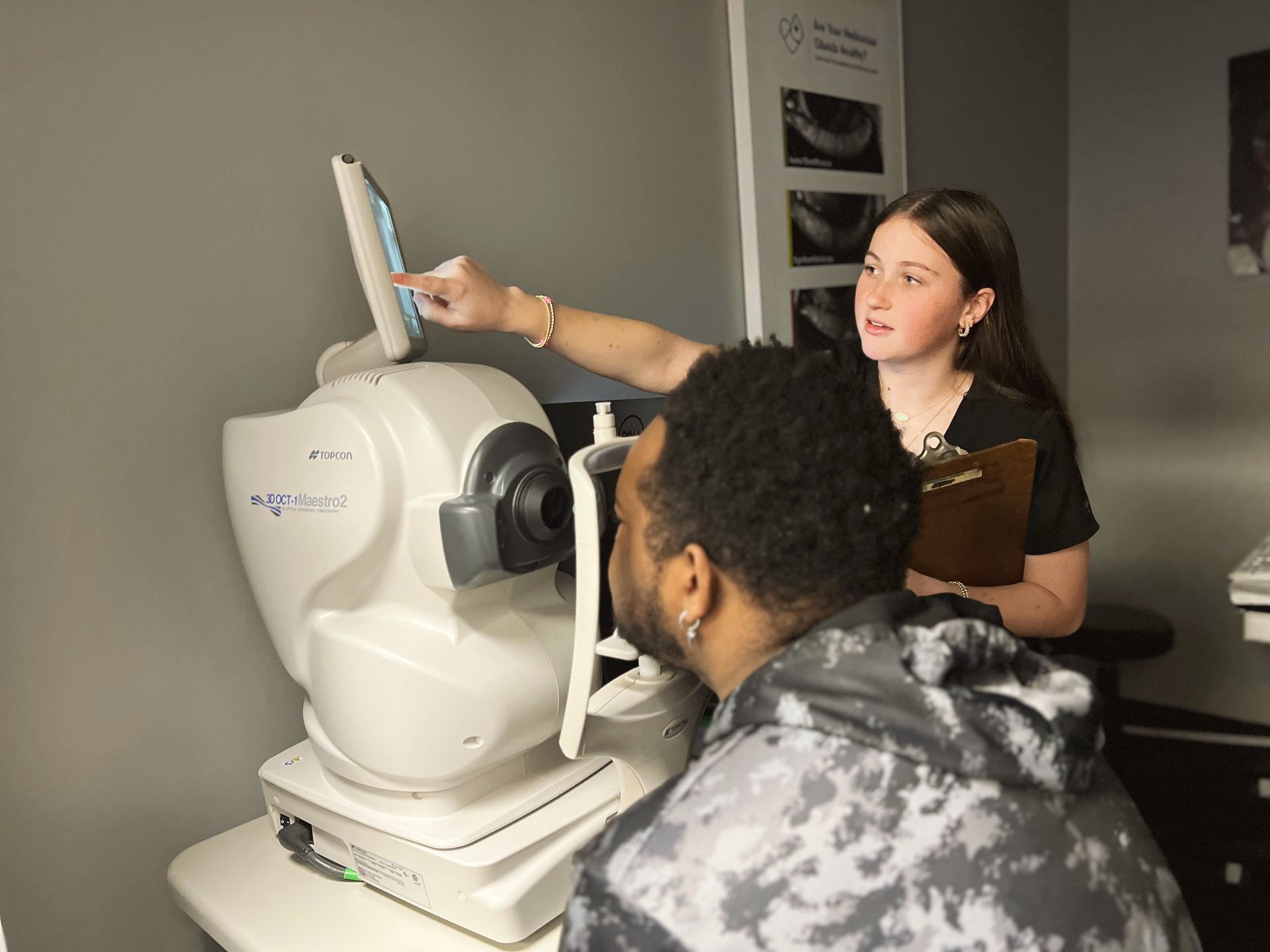
Slide title
Write your caption hereButton
FAQ's
-
What are the early signs of glaucoma?
Glaucoma often develops without symptoms in the early stages, which is why regular eye exams are crucial. As it progresses, you may notice:
✔ Loss of peripheral (side) vision
✔ Blurry vision or halos around lights
✔ Eye pressure or discomfort (in some cases)
✔ Difficulty adjusting to dim lighting
Since glaucoma damage is permanent, early detection and treatment are essential to preserving vision.
-
How is glaucoma treated?
Glaucoma treatment focuses on lowering eye pressure to prevent further damage. Depending on the severity, we may recommend:
✔ Prescription eye drops to reduce pressure
✔ Laser treatments to improve fluid drainage
✔ Surgical referrals for advanced cases
Schedule a glaucoma screening today to protect your vision!
-
What is diabetic retinopathy, and how does it affect my eyes?
Diabetic retinopathy occurs when high blood sugar damages blood vessels in the retina, leading to bleeding, swelling, and vision loss. Early stages may have no symptoms, but as it progresses, you may experience:
✔ Blurry or fluctuating vision
✔ Dark spots or floaters
✔ Poor night vision
✔ Vision loss in severe cases
Yearly diabetic eye exams are critical for early detection and prevention.
-
How can I prevent vision loss from diabetes?
✔ Control blood sugar levels through diet & medication
✔ Monitor blood pressure & cholesterol to reduce eye damage
✔ Get annual dilated eye exams to catch changes early
✔ Quit smoking & maintain a healthy lifestyle
If you have diabetes, schedule a vision check-up today!
-
What is macular degeneration, and who is at risk?
Macular degeneration (AMD) is an age-related condition that affects central vision, making it harder to read, drive, and recognize faces. Risk factors include:
✔ Age 50+
✔ Family history of AMD
✔ Smoking
✔ High blood pressure & poor diet
-
Can macular degeneration be treated?
There is no cure for AMD, but early detection can slow its progression. Treatment may include:
✔ AREDS supplements (high-dose vitamins for eye health)
✔ Lifestyle changes like a healthy diet & UV protection
✔ Specialized referrals for advanced treatment options
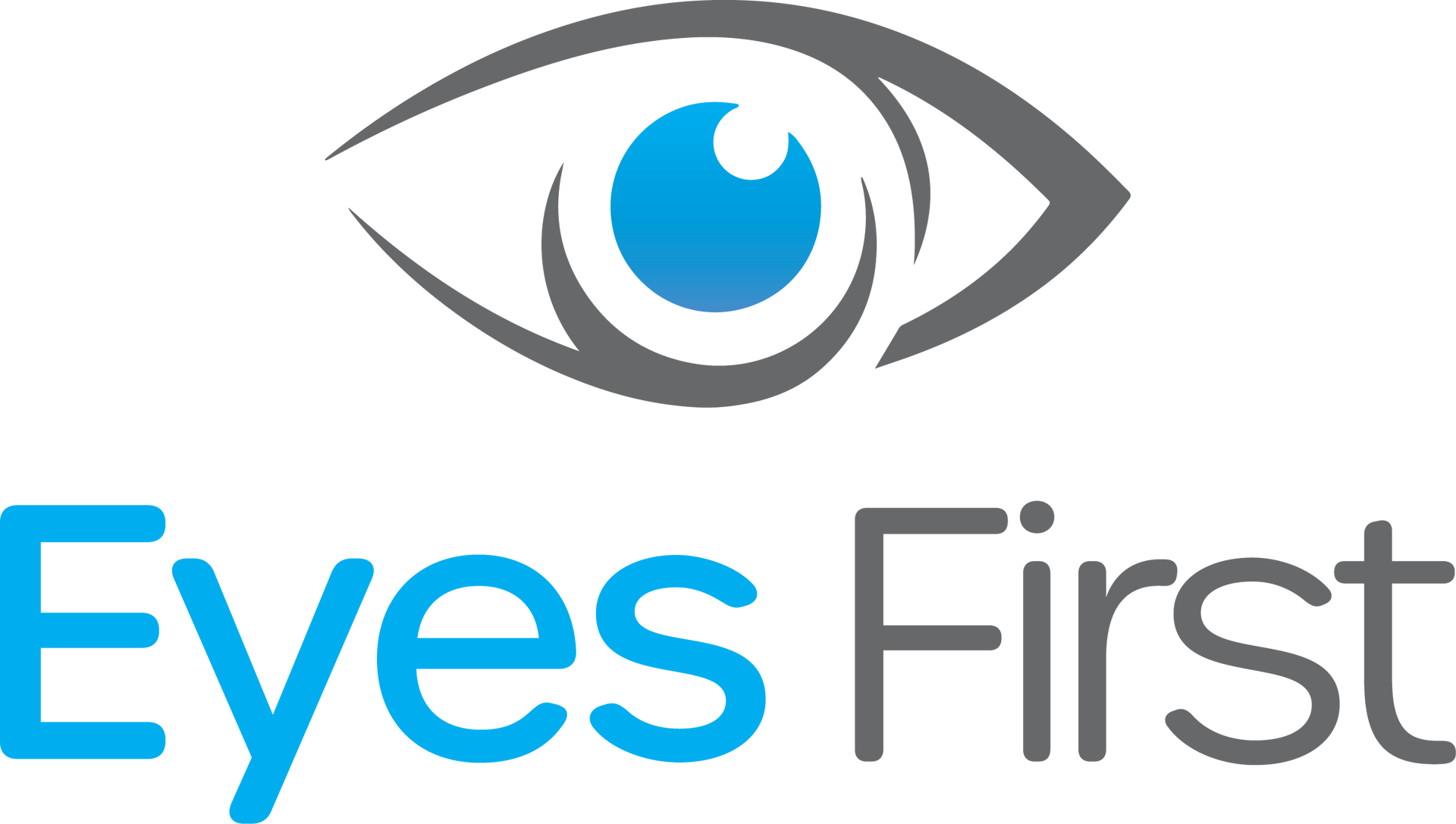
Contact
Eyes First
837 Kings Crossing Dr Ste. 10, Tupelo, MS 38804, United States
662-269-4175
office@eyes1st.com
Services
All Rights Reserved | Eyes First | Site Creds
Services
Contact
All Rights Reserved | Eyes First | Site Creds
